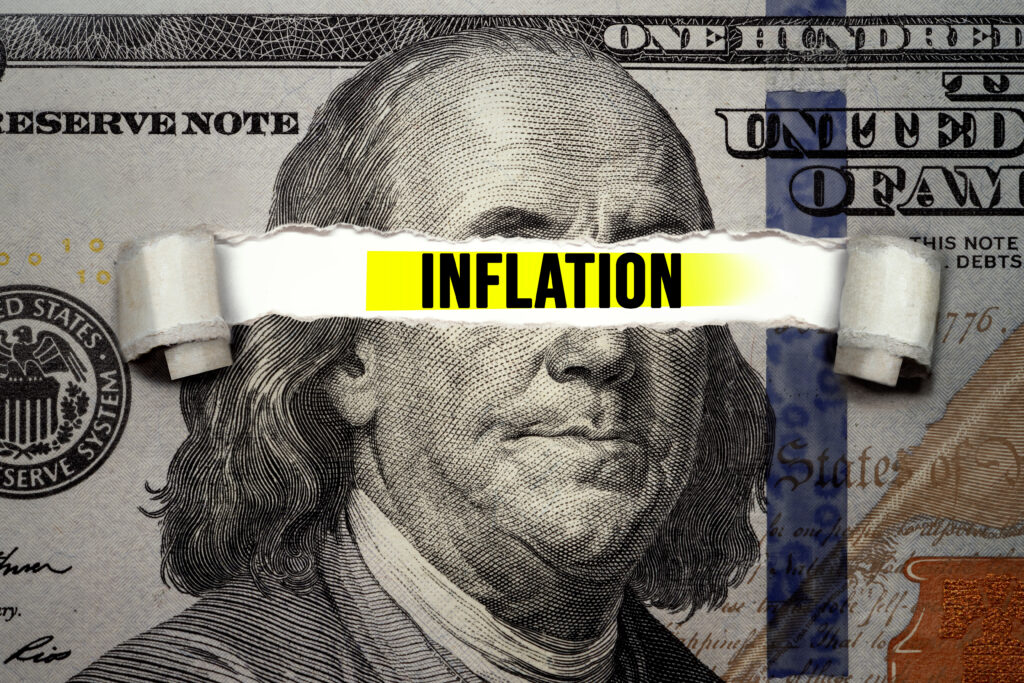Are you worried about how inflation will affect your retirement income? Don’t fret, because this article is here to help! We’ll break down the impact of inflation on your savings and show you strategies to protect your money. With long-term planning, you can ensure that your retirement income stays strong despite rising prices. So let’s dive in and learn how to safeguard your future from the clutches of inflation!
Understanding Inflation and its Effects
Understanding inflation and its effects can help you better plan for your retirement income. Inflation refers to the increase in prices of goods and services over time. It erodes the purchasing power of money, which means that the same amount of money will buy less in the future than it does today. This is important to consider when planning for your retirement because it directly affects how far your savings will stretch.
As inflation rises, the cost of living increases, making it more expensive to meet your basic needs. This can lead to a significant reduction in your standard of living if you are not prepared. For example, if you retire with a fixed income and inflation is high, you may find that your pension or investments do not provide enough money to cover rising expenses such as housing, healthcare, or food.
In addition to increasing costs, inflation also affects investment returns. When prices rise, the value of money decreases, which means that any returns on investments may be worth less in real terms. To counteract this effect, it is essential to invest in assets that have historically outpaced inflation rates such as stocks or real estate.
Evaluating the Impact of Inflation on Retirement Savings
Evaluating how inflation affects your savings is crucial for planning your retirement. Inflation erodes the purchasing power of money over time, which means that the value of your savings will decrease as prices rise. This can have a significant impact on your retirement income.
When you save for retirement, it’s important to consider the effects of inflation. If you don’t account for inflation in your financial planning, you may find that the amount you saved is not enough to cover your expenses when you retire. For example, if inflation is 3% per year and you have $100,000 saved for retirement, after 10 years, the purchasing power of that money would be reduced by approximately $27,000.
To ensure that your savings keep up with inflation and maintain their value over time, it’s important to invest in assets that have the potential to generate returns higher than the rate of inflation. This could include stocks, bonds, or real estate investments. By diversifying your portfolio and considering different investment options, you can help protect against the erosion of purchasing power caused by inflation.
Strategies to Protect Your Retirement Income from Inflation
To safeguard your retirement savings from the effects of rising prices, consider implementing strategies that can help preserve the value of your funds over time. One effective strategy is to invest in assets that have historically outperformed inflation such as stocks and real estate. By diversifying your portfolio and allocating a portion of your investments to these types of assets, you can potentially mitigate the impact of inflation on your retirement income.
Another strategy is to regularly review and adjust your investment portfolio. As inflation rates change, certain sectors or industries may be more resilient than others. By staying informed and making necessary adjustments, you can position yourself for better long-term returns.
Additionally, it’s important to focus on increasing your income during retirement. This can be achieved through part-time work, starting a small business, or investing in dividend-paying stocks. By generating additional income streams, you can offset the erosion caused by inflation.
Finally, consider purchasing Treasury Inflation-Protected Securities (TIPS). These government bonds are specifically designed to protect against inflation by adjusting their principal value based on changes in the Consumer Price Index (CPI).
Long-Term Planning for Inflation in Retirement
One effective strategy for long-term planning in retirement is diversifying your investment portfolio. By spreading your investments across a variety of assets, such as stocks, bonds, and real estate, you can reduce the risk of relying too heavily on any one investment. This approach helps protect your retirement income from inflation because different types of investments tend to perform differently during inflationary periods.
For example, while stocks may suffer during times of high inflation due to increased operating costs for companies, bonds often provide a stable source of income. Real estate investments can also be beneficial during inflationary periods as property values tend to rise along with prices.
In addition to diversifying your investment portfolio, it is important to regularly review and adjust your investments based on the current economic conditions. This will ensure that you are well-positioned to take advantage of potential opportunities or mitigate risks associated with inflation.
Furthermore, consider investing in assets that have historically performed well during inflationary periods. These may include commodities like gold or oil, which tend to increase in value when prices rise.
Discover the Power of Inflation-Proof Retirement Income
Don’t let inflation erode the purchasing power of your retirement savings. At Western Marketing, we understand the impact of inflation on your retirement income and we have the solutions you need. Our expert advisors can help you invest in assets that historically outpace inflation rates, ensuring your standard of living remains secure during your retirement years.
Contact Western Marketing today to learn more about our inflation-proof retirement income services and start planning for a financially sound future. Don’t wait, secure your retirement income against inflation now.

